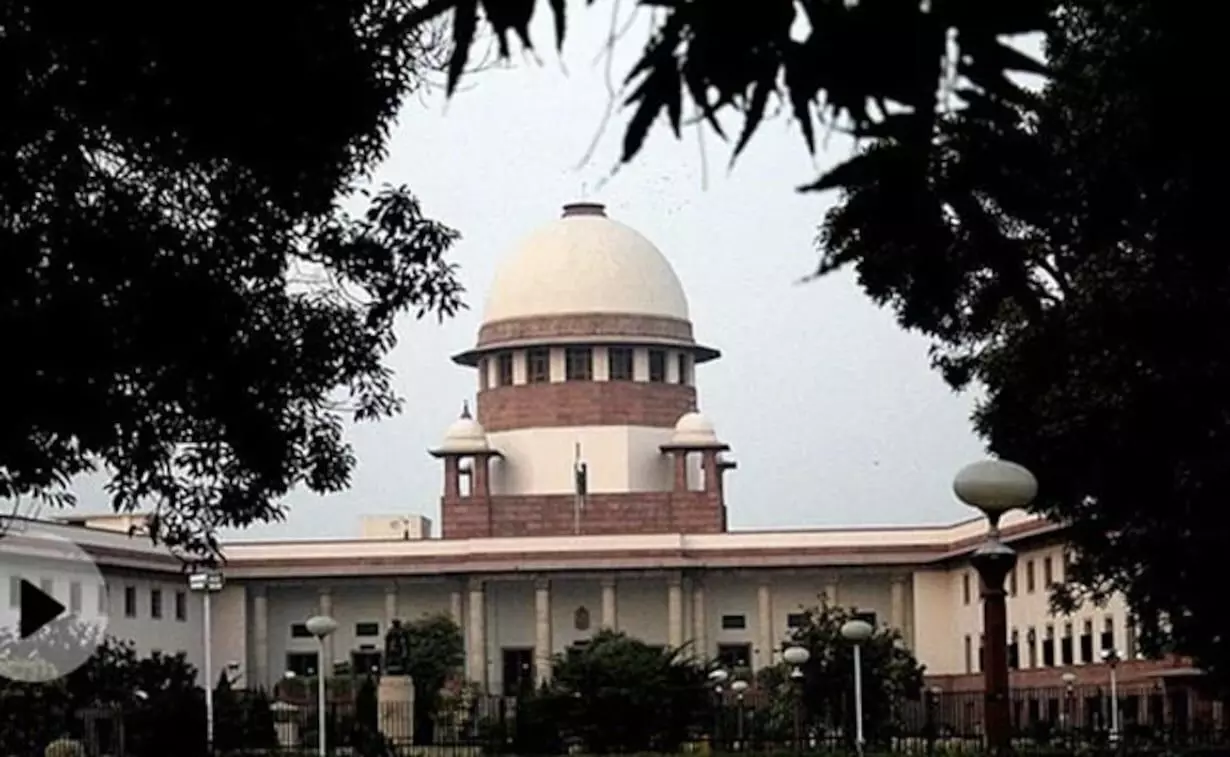An act of regression?

A three-judge bench of the Supreme Court, last week, ruled that a mere membership of a banned association is enough to establish an offence under the Unlawful Activities (Prevention) Act, 1967. Ostensibly, the wheel is spinning in the wrong direction. As India marches forth pompously towards completing 100 years of its independence, the democratic principles appear to be getting diluted, rather than being strengthened. Ironically, the Supreme Court verdict has come against the backdrop of growing demands of discontinuation of the ‘draconian’ UAPA — a colonial-era legislation that provides overreaching powers to the state to make arrests and detain individuals on very frail grounds. Obliterating the distinction between active and passive membership of banned organisations, the recent verdict ruled that an individual can be considered ‘guilty of membership’ without mens rea on his/her part. In doing so, the top court overruled three judicial precedents in a single blow. The first of the three precedents was Arup Bhuyan vs State of Assam (2011) case where the court held that “mere membership of a banned organisation will not incriminate a person unless he resorts to violence or incites people to violence or does an act intended to create disorder or disturbance of public peace by resorting to violence.” The second precedent was State of Kerala vs Raneef (2011) which drew from an American case to rule that incrimination for membership without the intent to commit crime “infringes unnecessarily on protected freedoms.” The third precedent was Indra Das vs State of Assam (2011) case which ruled that incrimination of passive members of a banned outfit amounted to violation of Article 19 and 21 of the Indian Constitution. With the Supreme Court overruling these three verdicts, the protection provided to civil rights and liberties against the application of UAPA stands diluted. The reasons provided by the court in this regard appear far from substantive and reasonable. The court’s conformity with the government’s argument that appropriate safeguards are incorporated in the UAPA to make ‘members’ aware about the unlawful nature of their association is widely incoherent. The ‘membership’ itself is not well-defined under the UAPA, and the state should not be given the prerogative to determine the same on a case-to-case basis — leading to the chances of political bias. The sham about safeguards appears futile even if one pays a cursory glance on the number of arrests made under UAPA alongside subsequent convictions. As per the government's own record, around 4,690 arrests were made between 2018 and 2020 while the number of convictions stood at a meagre 149. It was also reported separately that there had been a 72 per cent increase in the number of arrests made under UAPA during the 2015-2019 period. Given the complicated process of bail and acquittal in UAPA cases, the process itself becomes a punishment for many who eventually turn out to be innocent or non-guilty. The discretion allowed to the state regarding the interpretation of the ‘membership’ of banned organisations will most likely lead to more arrests and detentions. The second reasoning provided by the court was that the verdict made by the Indian courts in this particular regard cannot be based upon the United States’ Supreme Court judgments. The court’s line of argument is that the Constitutional scenario of the US is different from that of India. The rights in India are of more qualified nature vis-à-vis the absolute ones in the US. However, it must not be forgotten that the rights in the US are not totally unrestricted. Different wings of the government, particularly the judiciary, exercise the principle of checks and balances. Apart from the US, other major democracies of the world are striving to dilute or abrogate UAPA-equivalent laws in their respective countries. Furthermore, one also needs to keep in mind that the reasonable restrictions imposed upon certain rights in the Indian Constitution were intended to limit the grounds of state control rather than allowing the government to go overboard. The judiciary will have to play a significant role if India wants to get rid of regressive laws like the UAPA. The wind, however, appears to be blowing in an adverse direction as of now.



